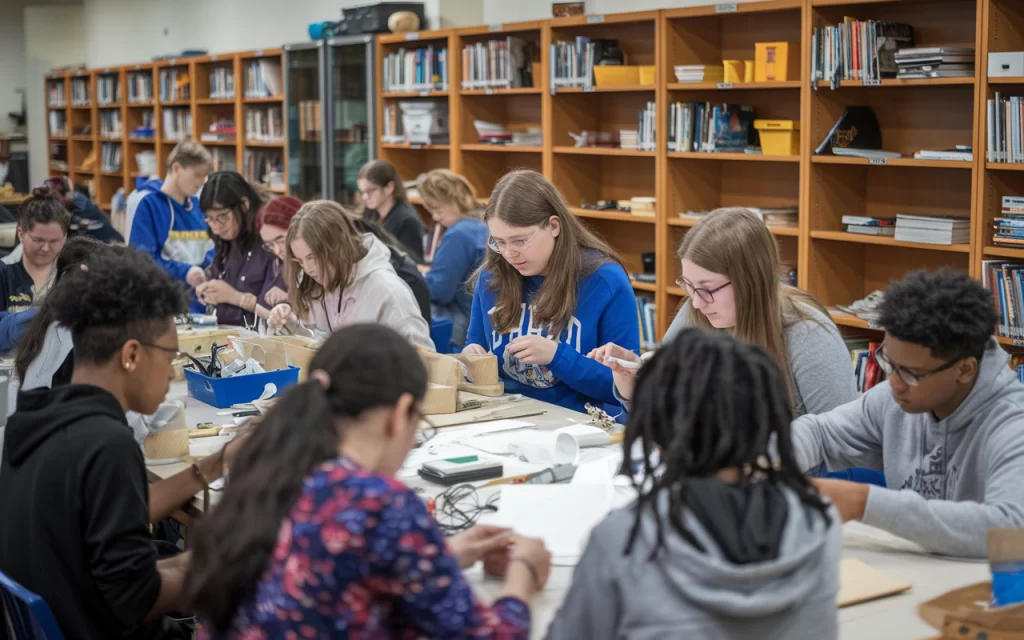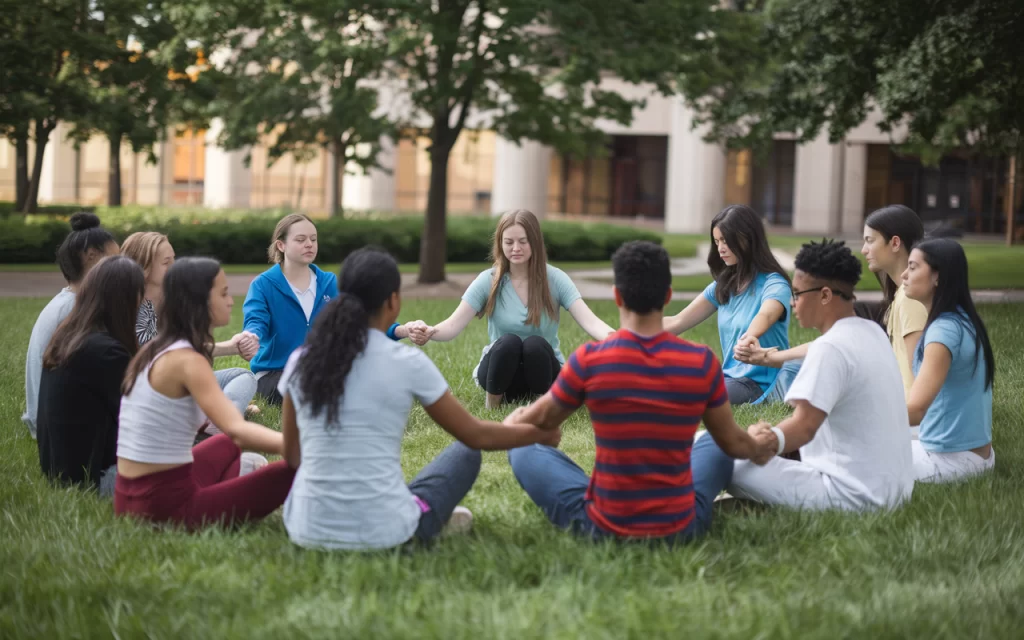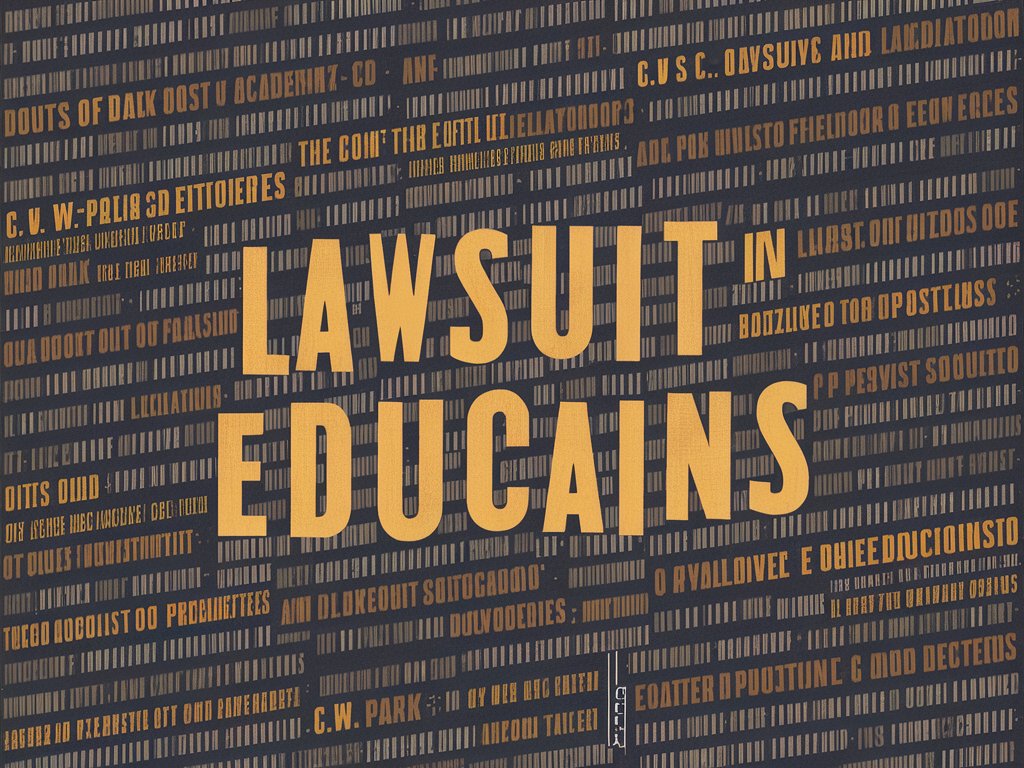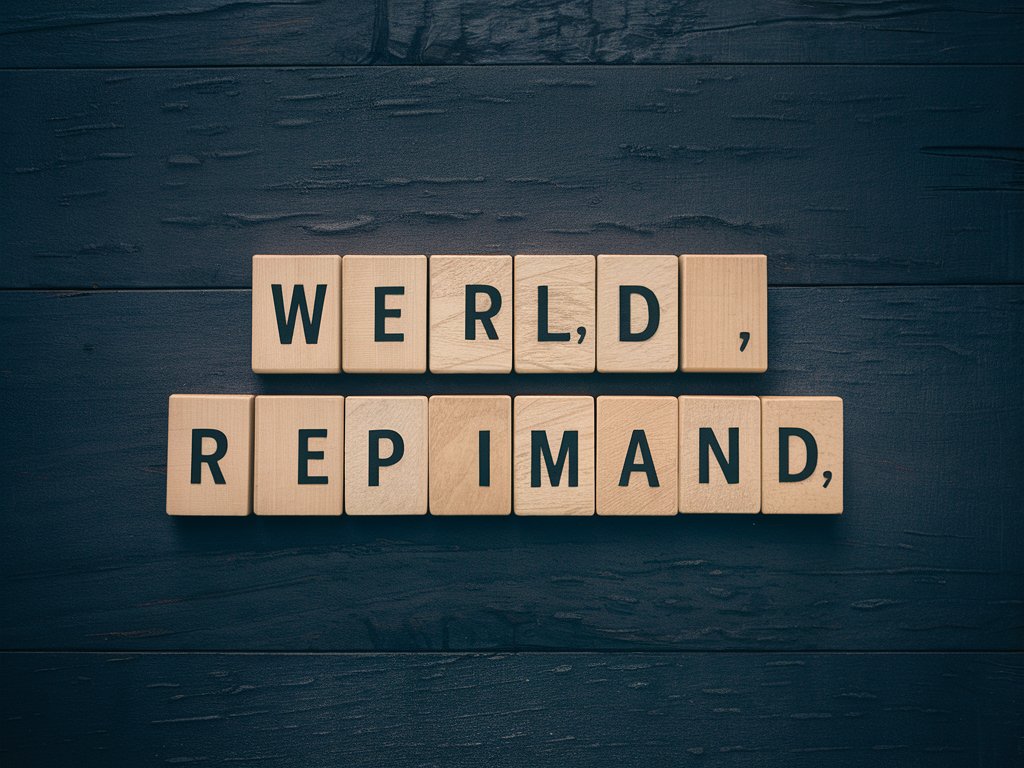True education is more than just learning from textbooks. It is the process that shapes the mind, heart, and spirit, empowering individuals to reach their full potential. In this article, we will explore the values of true education and how it holds the power to transform lives. By understanding these core principles, we can unlock the true potential of education.
What is True Education?
Education goes beyond memorizing facts and figures. It involves developing critical thinking, nurturing creativity, and fostering a sense of moral responsibility. The goal of true education is to produce well-rounded people who can make valuable contributions to society. It is about learning how to live, think, and act with purpose and integrity.
The Essence of Education

At its core, education is about understanding and applying knowledge in real-life situations. It is about teaching students how to think, not what to think. This type of education encourages curiosity, self-reflection, and a love for lifelong learning. Education empowers individuals to make informed decisions, solve problems, and lead meaningful lives.
The Role of Values in True Education
Values play a crucial role in true education. They guide behavior and decision-making, helping individuals navigate the complexities of life. Key values such as honesty, empathy, respect, and responsibility are essential components of education. These values help build strong character and ethical foundations, which are necessary for personal and societal growth.
The Transformative Power of Education
Genuine education has the capacity to change people and societies. It is not just about acquiring knowledge but about applying that knowledge to bring about positive change. True education can break the cycle of poverty, reduce inequality, and promote peace and understanding.
Empowering Individuals
Education empowers individuals by giving them the tools and skills they need to succeed. It encourages self-confidence, resilience, and a sense of agency. When people are educated, they are better equipped to face challenges, pursue their goals, and contribute to society.
Fostering Social Change

Genuine education is a potent force for societal transformation. It promotes equality, justice, and inclusion. By teaching critical thinking and ethical values, true education helps individuals challenge the status quo and work towards a fairer, more just society. It encourages people to stand up for what is right and to make a difference in the world.
Also Read: When Doubled a Mild Reprimand: Nuances of Gentle Corrections
How to Achieve Education
Achieving Education requires a shift in focus from traditional teaching methods to a more holistic approach. It involves creating an environment where students feel valued, supported, and motivated to learn. Education is about more than just academics; it is about nurturing the whole person.
The Role of Teachers
Teachers play a vital role in delivering Education. They serve as mentors, advisors, and role models in addition to being educators. A good teacher inspires students to think critically, ask questions, and explore new ideas. They create a safe and supportive learning environment where students can grow and thrive.
The Importance of a Supportive Learning Environment
A supportive learning environment is essential for education. This entails establishing an environment where kids feel valued, comfortable, and inspired to express themselves. It involves fostering a culture of curiosity, collaboration, and mutual respect. When students feel supported, they are more likely to engage in the learning process and achieve their full potential.
The Role of Parents and the Community
Parents and the community also play a crucial role in education. Education does not stop at the classroom door; it extends into the home and community. Parents can support true education by encouraging their children to explore their interests, ask questions, and think critically. The community can provide opportunities for experiential learning, such as volunteering, internships, and other hands-on experiences.
The Long-term Benefits of Education

The benefits of Education extend far beyond the classroom. It has a lasting impact on individuals and society as a whole. Education prepares individuals for the challenges of life, promotes personal growth, and contributes to the well-being of the community.
Personal Growth and Development
Education fosters personal growth and development by encouraging self-awareness, empathy, and a sense of purpose. It helps individuals understand their strengths and weaknesses, set goals, and work towards achieving them. True education also promotes mental and emotional well-being by teaching individuals how to manage stress, build healthy relationships, and maintain a positive outlook on life.
Societal Impact
Education has a positive impact on society by creating informed, engaged, and responsible citizens. It creates a sense of community, lessens inequality, and strengthens social cohesiveness. When individuals are educated, they are more likely to contribute to the common good, support democratic institutions, and work towards a better future for all.
Closing Thoughts
True education is the key to unlocking the full potential of individuals and society. It is more than just academic achievement; it is about developing the mind, heart, and spirit. True education empowers individuals, fosters social change, and has a lasting impact on the world. By embracing the values of true education, we can create a brighter, more equitable future for all.
FAQs:
True education is more than just academic knowledge; it’s the holistic development of a person. It emphasizes critical thinking, moral values, creativity, and lifelong learning.
True education focuses on nurturing the whole person, including emotional and ethical growth, while traditional education often prioritizes academic achievement and standardized testing.
True education fosters well-rounded individuals capable of thinking critically, solving real-world problems, and contributing positively to society. It prepares learners for life’s challenges, not just exams.




